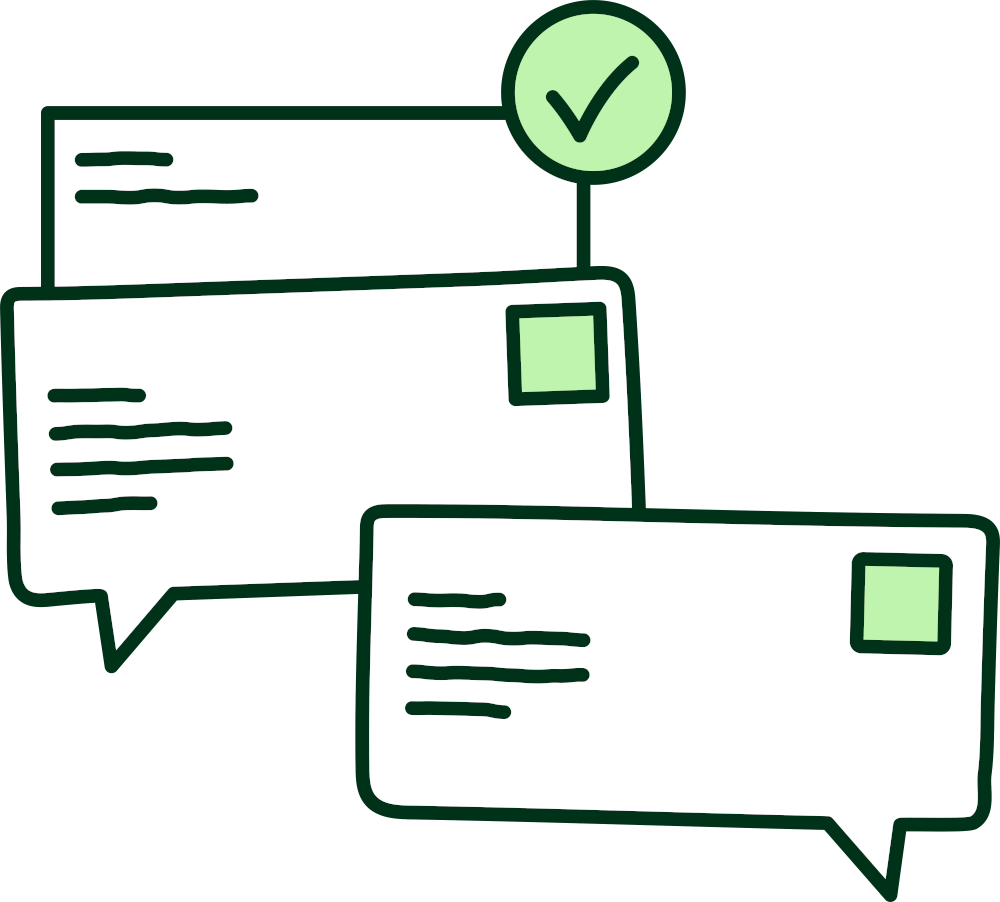It’s a difficult time when someone dies and handling their debts can be hard. This guide explains what you need to do after someone dies. It will help you understand:
- How to deal with their estate and any debts.
- What happens to rented or joint-owned property.
- What to do about ongoing bills and expenses.
- The support you can get for future costs.
If you have been affected by bereavement, it’s important that you get the emotional support you need. The Cruse Bereavement Care freephone national helpline is staffed by trained bereavement volunteers.
Call them on 0808 808 1677.
What to do after someone dies
Trying to sort things out after the death of a loved one can be distressing. If you find you are struggling, try and find a friend or family member that can help you.
After someone dies, you must:
- register the death
- use the Tell Us Once service to tell government departments
- contact the Department for Work and Pensions (DWP) for possible bereavement benefits
- find out if the person had a life insurance policy, and who the money will be paid to.
What happens to debts when someone dies?
If the debts are in the sole name of the person who has died, and they have no assets, the debts will not be owed by anyone else.
If the debts are joint, the surviving person will be liable for the debts. If someone has acted as a guarantor, they may be liable for the debts or for any losses incurred by the creditor.
If the person who has died has assets in their estate, the debts become the liability of the estate. This can be complicated, so speaking to one of our advisers may help you understand this better.
Dealing with the estate
Everything a person owns when they die is known as their estate.
The person who handles the estate will be the executor, also known as a personal representative. If the person has left a will, it should name who the executor is.
If the person who has died has not left a valid will, people close to them may be able to apply to court to get permission to deal with the estate. This person will be called an administrator. Our Debts after death guide has more information on personal representative duties.
What are insolvent estates?
An insolvent estate is when the value of debts is more than the value of any remaining assets
Insolvent estates can be complicated to deal with. You may need specialist legal advice. You can find a solicitor through the Law Society.
Property and tenancy issues
Whether a person owned or rented their home, it’s important that it is dealt with in the right way. Here are some of the things to look out for:
- Is the property jointly owned?
- If the property was rented, tell the landlord.
What do I do about bills and ongoing expenses?
It’s important to find out who is responsible for bills and expenses.
For household bills such as energy, water and council tax let the council or provider know about the death as soon as you can.
Help with funeral costs and benefits
The executor usually pays for the funeral from the estate.
- If there isn’t enough money to do this, a friend or relative may pay initially and get the money back from the estate.
- Reasonable funeral expenses can be paid before other debts.
- If you are on a low-income you may qualify for the Funeral Expenses Payment.
- If affording a funeral is impossible, Public Health Funeral services may be available from the council.
- You may be able to get benefits such as Bereavement Support Payment, Universal Credit and council tax discounts.


